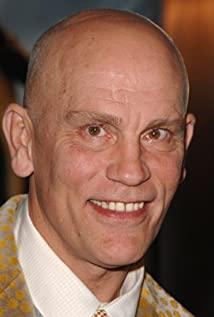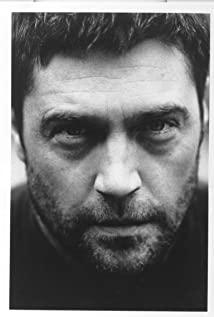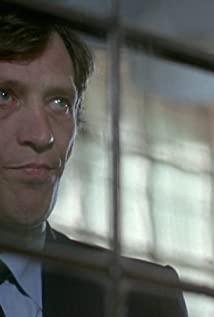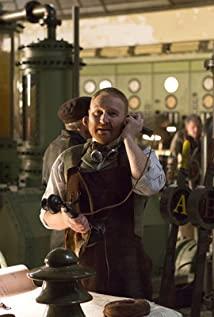First of all, I think the ugly view of the first half of the group's ridicule is untenable. How could a village woman who was born in the countryside without any higher education show the military and strategic mind of a battle-hardened general in the war? Of course, I followed the miracles and went to the battlefield with ardent blood. Why did Joan of Arc only have the roars and whines of the brain in the first half? This is the most real restoration. You can say that this part is the guidance of miracles, or that Joan of Arc relied on the self perseverance of vengeance and the high spiritual guidance to improve the morale of the French soldiers. After all, if the story of Joan of Arc leaves aside the divinity, luck accounts for most of it. As for the second half, I think the creation of Satan's incarnation is that after Joan of Arc was captured in Burgundy, there was a strong conflict between her will and reality. controlled by Jeanne. This part can be seen as Joan of Arc's consciousness that divinity has abandoned her, and it can also be seen as Joan of Arc's repentance for killing in the name of God before. Both theism and Freud can explain Luc Besson's story, it just depends on how you want to frame this cinematic interpretation. Summary: Five-star good film, worth pondering.
View more about The Messenger: The Story of Joan of Arc reviews











